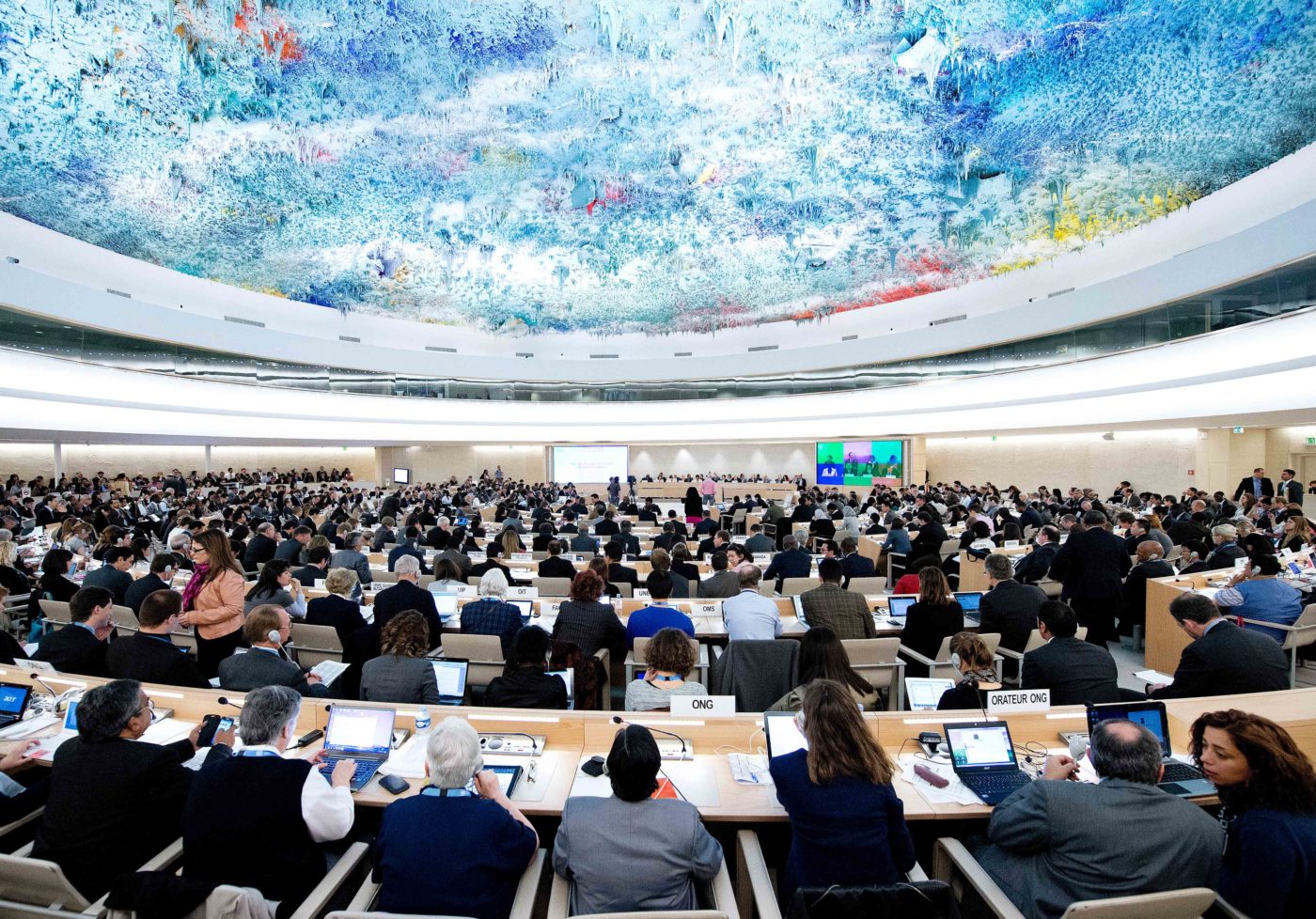On Myanmar, the ICJ welcomes the progress made by the UN independent investigative mechanism in its investigations into crimes in Myanmar, such as evidence collected on torture and other abuses in detention, including the commission of sexual and gender-based crimes. It encourages the mechanism to continue incorporating a gender perspective in their work, and ensure gender-competent justice for survivors.
The ICJ commends the mechanism for sharing evidence and analysis with the three ongoing investigations and judicial proceedings related to crimes against the Rohingya. Nevertheless, the ICJ deplores the accountability gap concerning serious crimes under international law committed by the military junta and armed groups across Myanmar post-coup, which further entrenches cycles of impunity.
Finally, the ICJ calls on UN Member States to hold perpetrators of serious crimes under international law accountable, including by exercising universal jurisdiction and supporting documentation and accountability efforts. It also appeals to the Human Rights Council to reiterate the need to allow the mechanism to access border regions of neighbouring States of Myanmar and to work with refugee communities from Myanmar.
On Sri Lanka, the ICJ concurs with the assessment by the OHCHR that there is no enabling environment for transitional justice measures due to longstanding impunity. Domestic transitional justice initiatives suffer from paltry engagement with victim communities, political interference, and a lack of outcomes with any real consequence toward achieving accountability. Intimidation, surveillance, and harassment of journalists, human rights defenders, activists, families of the disappeared, and political opponents persist.
The introduction of new legislation undermines human rights and fundamental freedoms, as do the disregard of Supreme Court recommendations and pervasive corruption across all levels of government, and the increasing undue military involvement in civilian affairs and law enforcement.
The ongoing impunity and the lack of accountability for past abuses underscore Sri Lanka’s unwillingness to meet its obligations at the domestic level. The ICJ therefore calls on the Council to act to renew the mandates of the OHCHR and its Sri Lanka Accountability Project for at least two more years.
Read the full Statements:





